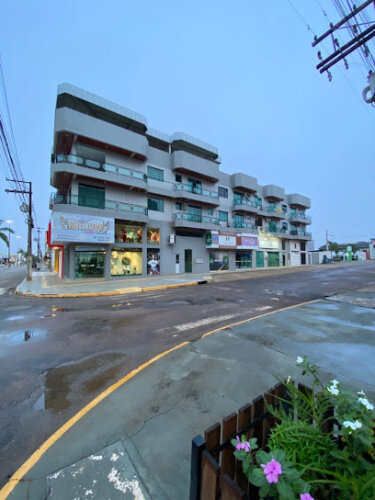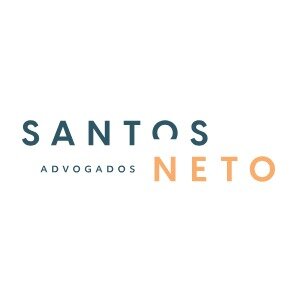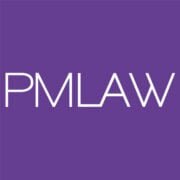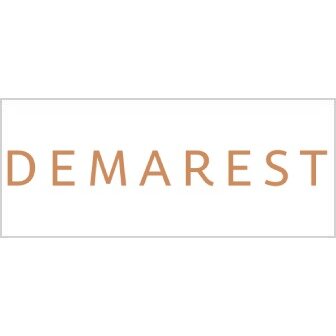Best Patent Lawyers in Brazil
Share your needs with us, get contacted by law firms.
Free. Takes 2 min.
Or refine your search by selecting a city:
List of the best lawyers in Brazil
About Patent Law in Brazil
Patent law in Brazil is governed by the Industrial Property Law (Law No. 9,279/96), which outlines the rules for protecting inventions and granting patents. The Brazilian National Institute of Industrial Property (INPI) is the body responsible for the examination and issuance of patents. Brazilian patent law aims to encourage innovation by providing inventors with exclusive rights to their creations for a specific period, typically 20 years from the filing date.
Why You May Need a Lawyer
Engaging a lawyer specializing in patent law can be crucial in various situations. For instance, if you are an inventor or a company looking to protect your intellectual property rights, a lawyer can help with the application process and ensuring compliance with local regulations. Additionally, if you need to enforce your rights against infringers or defend against allegations of infringement, legal expertise is essential to navigate these complex scenarios. Lawyers can also assist in drafting licensing agreements or handling disputes that may arise.
Local Laws Overview
Key aspects of patent law in Brazil include:
- Patentability: To qualify for a patent, an invention must be new, involve an inventive step, and be industrially applicable.
- Types of Patents: Brazil recognizes utility patents and utility models, which are simpler innovations with a lower inventive step.
- Term of Protection: Utility patents are protected for 20 years from the filing date, whereas utility models have a protection term of 15 years.
- Examination Process: The INPI carries out a substantive examination of patent applications. Delays can be significant, but recent efforts aim to reduce backlog.
- Compulsory Licensing: In certain cases, the government may grant compulsory licenses for patents, allowing others to use the invention without the patent holder's consent, to address public interest issues like public health.
Frequently Asked Questions
What is patentable in Brazil?
In Brazil, inventions that are new, involve an inventive step, and have industrial applicability are patentable. This includes products, processes, machines, or improvements to existing inventions.
How long does it take to obtain a patent in Brazil?
The examination process can take several years due to backlogs, although recent measures aim to streamline and expedite reviews.
Can I file a patent application in Brazil if the invention is already patented in another country?
Yes, you can file a patent application in Brazil even if your invention is already patented elsewhere, provided it hasn't been disclosed publicly before filing the Brazilian application.
What is the difference between a utility patent and a utility model in Brazil?
A utility patent covers inventions with a higher inventive threshold and provides protection for 20 years. A utility model requires a lower level of inventiveness and is protected for 15 years.
Do patents in Brazil extend protection internationally?
No, patents granted in Brazil provide protection only within the country. To secure international protection, you need to apply in each specific jurisdiction.
Can I license my patent to others?
Yes, patent holders can license their rights to third parties through licensing agreements, which a lawyer can help draft and negotiate.
What is the cost of registering a patent in Brazil?
Costs vary depending on the complexity of the application, attorney fees, and maintenance fees over the patent's life. It's advisable to consult a patent attorney for detailed estimates.
What happens if someone infringes my patent in Brazil?
You can take legal action against infringers to seek remedies, which may include injunctions, damages, and enforcement of patent rights.
Can software be patented in Brazil?
Software per se is not patentable in Brazil. However, if integrated into a technique or technological process, it may be eligible for patent protection.
Is there a fast-track process for patent applications in Brazil?
Brazil offers a fast-track program under certain conditions, such as for green technologies, to expedite the examination process. Check eligibility criteria with a patent attorney.
Additional Resources
For further assistance, consider reaching out to the following resources:
- Brazilian National Institute of Industrial Property (INPI)
- World Intellectual Property Organization (WIPO)
- Local patent attorneys or intellectual property law firms
- Brazilian Association of Intellectual Property (ABAPI)
Next Steps
If you need legal assistance regarding patents in Brazil, it’s advisable to consult a professional attorney specializing in intellectual property law. They can guide you through the patent application process, help enforce your rights, or provide expert advice tailored to your specific situation. Consider conducting online research to find reputable law firms or contacting local bar associations for recommendations.
Lawzana helps you find the best lawyers and law firms in Brazil through a curated and pre-screened list of qualified legal professionals. Our platform offers rankings and detailed profiles of attorneys and law firms, allowing you to compare based on practice areas, including Patent, experience, and client feedback.
Each profile includes a description of the firm's areas of practice, client reviews, team members and partners, year of establishment, spoken languages, office locations, contact information, social media presence, and any published articles or resources. Most firms on our platform speak English and are experienced in both local and international legal matters.
Get a quote from top-rated law firms in Brazil — quickly, securely, and without unnecessary hassle.
Disclaimer:
The information provided on this page is for general informational purposes only and does not constitute legal advice. While we strive to ensure the accuracy and relevance of the content, legal information may change over time, and interpretations of the law can vary. You should always consult with a qualified legal professional for advice specific to your situation.
We disclaim all liability for actions taken or not taken based on the content of this page. If you believe any information is incorrect or outdated, please contact us, and we will review and update it where appropriate.
Browse patent law firms by city in Brazil
Refine your search by selecting a city.
















